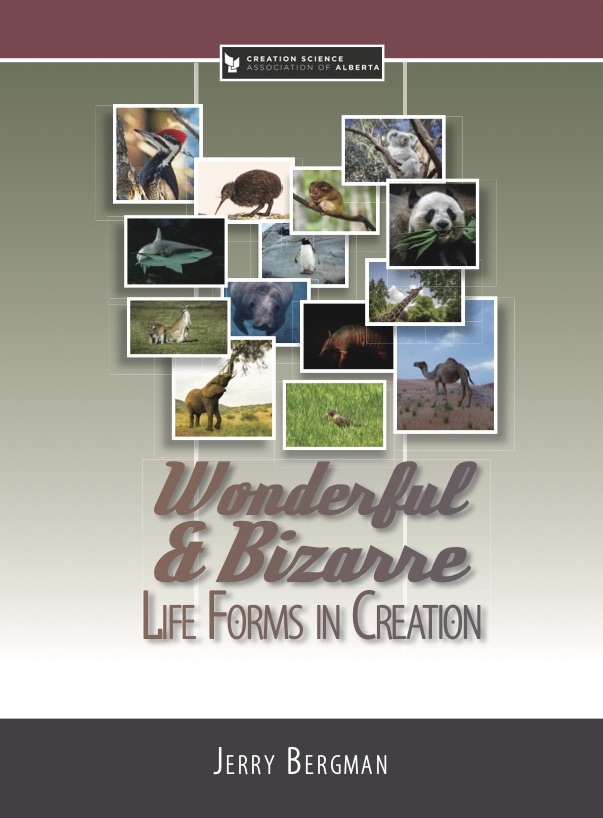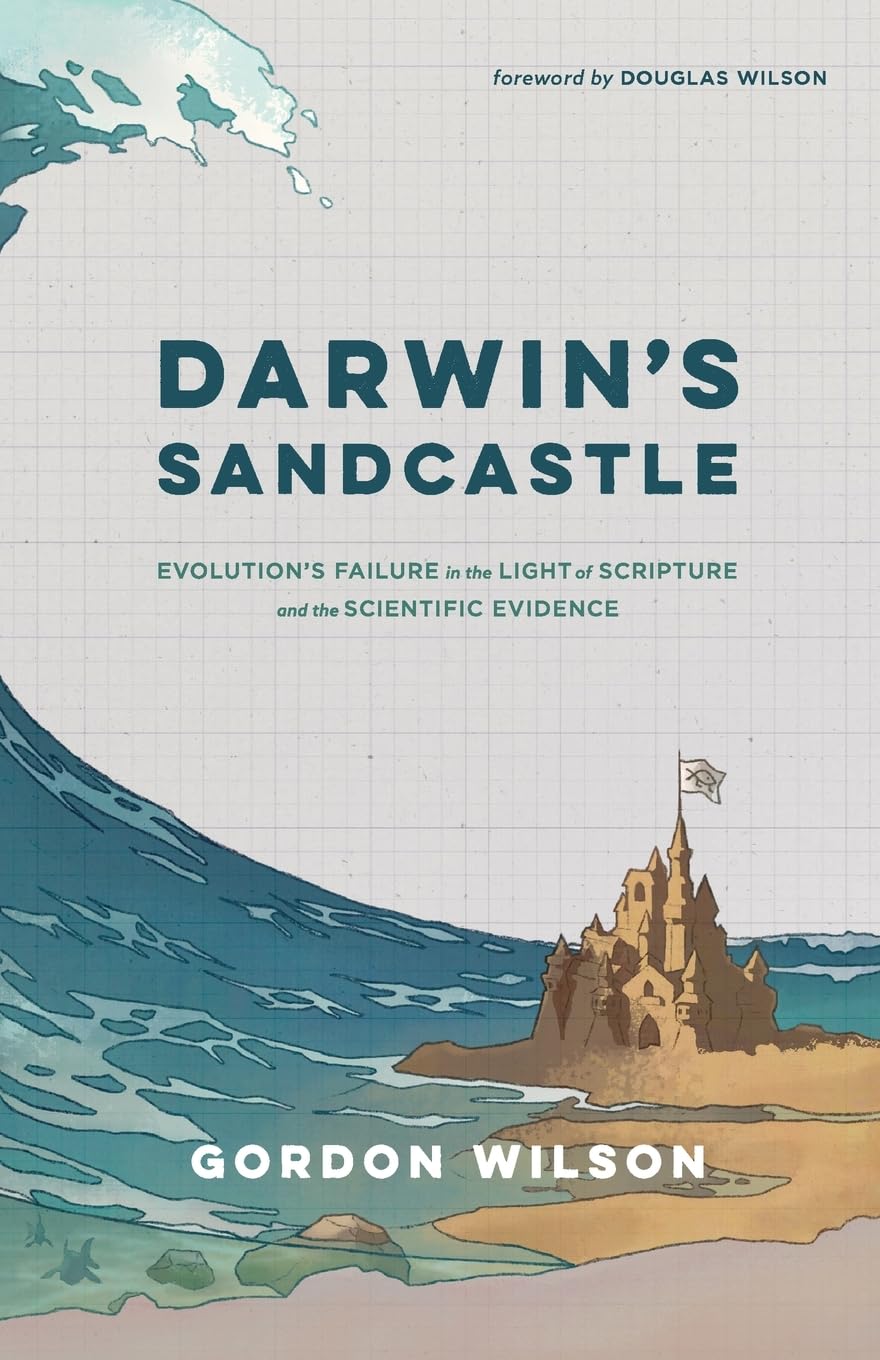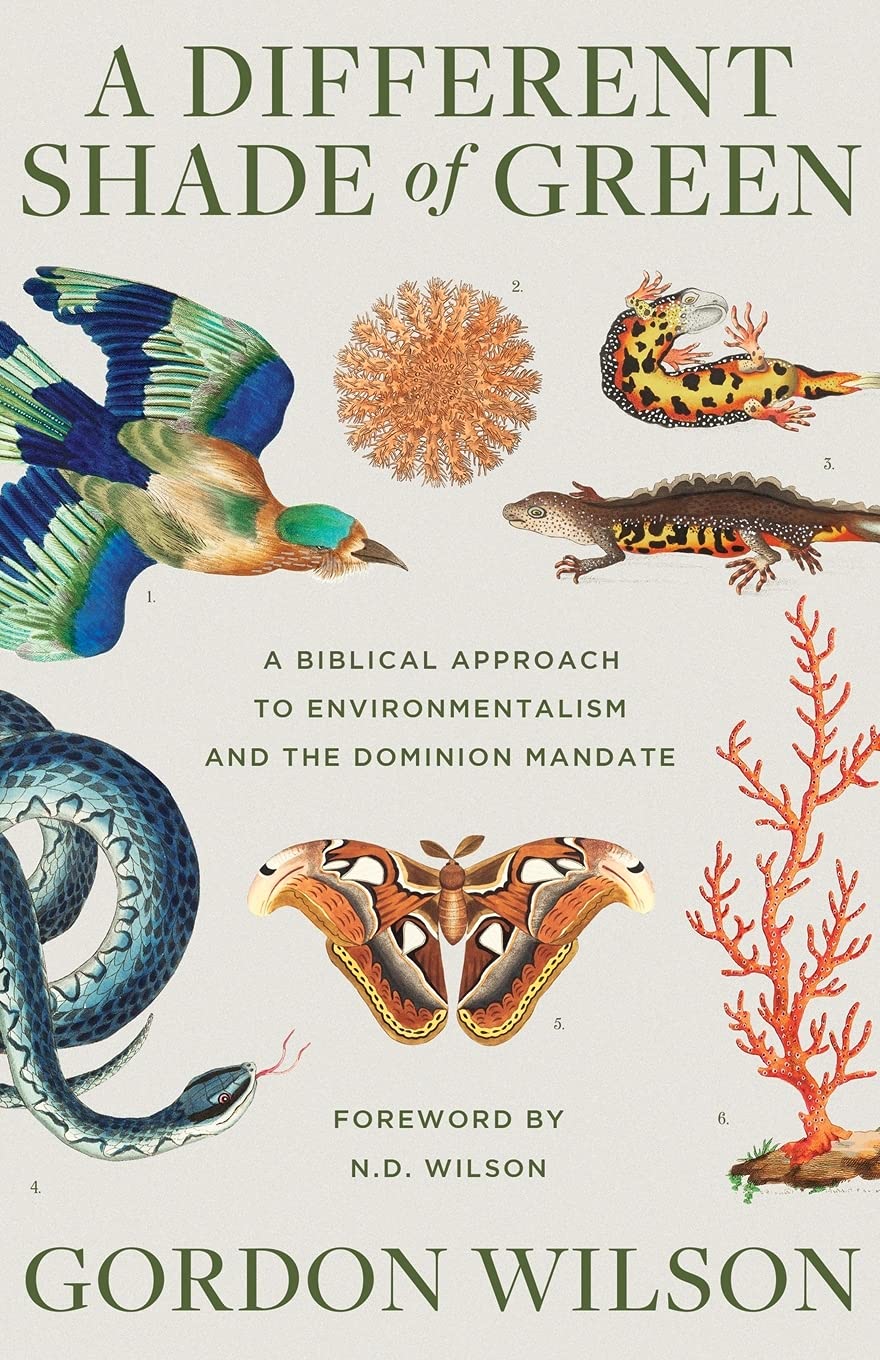Most people, over the years, have heard about big name atheistic scientists. The most prominent example today is evolutionary biologist Sir Richard Dawkins, who holds the Chair for Public Understanding of Science at Oxford University. Because of his prominent position in academia, he commands lots of attention in his campaign against the “malignant influence of organized religion in society.” It is easy enough to dismiss Richard Dawkins as extremist. Certainly his views are extreme, but the astonishing thing is that they are becoming mainstream in powerful scientific circles.
Two events in November 2006 are illustrative of this trend. The first was a conference at the Salk Institute for Biological Studies in La Jolla, California. Entitled “Beyond Belief: Science, Religion, Reason and Survival,” the event was sponsored by the Science Network, an educational organization underwritten by San Diego entrepreneur Robert Zeps. The reason for the conference, stated in the promotional material, was a fear that the gains of the Enlightenment (of the eighteenth century) might be lost in the face of increasing support for religious faith.
As alternatives, evolutionary biology, anthropology and neuroscience might help us create a new story of origins and a reason for being. The title “Beyond Belief” meant that religious faith was to be left behind and a glorious new evolutionary and atheistic future was to be embraced.
A variety of people were invited to the conference, but the ones who attended exhibited a profound interest in evolution and an intense dislike of religion, particularly Christian faith. The conference venue, the Salk Institute itself, has long been associated with atheism and support for evolution. Along with Jonas Salk, the founding consultants were Jacob Bronowski and Francis Crick. Bronowski, an English mathematician, was best known for the BBC TV series The Ascent of Man. This evolutionary theme was a strong inspiration for Carl Sagan’s atheistic television series Cosmos in the United States. Francis Crick, the other founding consultant, was co-discoverer of the DNA helix along with James Watson. Crick was an outspoken atheist, who spent his final years at the Salk Institute seeking an evolutionary explanation for human consciousness.
Two participants in the “Beyond Belief ” conference have continued the Crick tradition of research into consciousness at the Salk Institute. Some other attendees conduct similar work at other institutions. Evolutionists are very interested in finding a naturalistic explanation for human consciousness so that no one will be tempted to look to God for its source. Thus far they have found no answers to the conundrum.
Besides the people interested in human consciousness, there were astronomers. One of them, Neil deGrasse Tyson, director of the Hayden Planetarium in New York, expressed dismay over the results of a recent poll of members of the prestigious US National Academy of Sciences. Apparently 85% of members declared that they do not believe in a personal God. He rhetori- cally asked why it is that any members believe in a personal God. What can be done to change that 15% to zero, he asked.
There was no more dedicated evolutionist and atheist present than Sir Richard Dawkins himself. This man has written a number of books hostile to Christian faith, but the recently released The God Delusion, is the most bitter yet. It is interesting how many reviewers support the pronouncements in this book. Lawrence Krauss, a physicist and cosmologist from Case Western Reserve University in Cleveland and another participant in the “Beyond Belief” conference, reviewed Dawkins’ book in the journal Nature. Dr. Krauss declared that Dawkins views on childhood and religion are “precisely accurate.” According to Krauss, “We do our children a great disservice (which Dawkins goes so far as to call abuse) by forcing religion upon them”. In doing so, we encourage them to rely on potentially destructive emotions rather than to use their brains.” (Oct. 26/06 p. 915).
Another American physicist and astronomer at the same conference, Nobel Laureate Steven Weinberg of University of Texas, also approved of the Dawkins book. He stated: “Of all the scientific discoveries that have disturbed the religious mind, none has had the impact of Darwin’s theory of evolution by natural selection.” Dr. Weinberg points out that Dawkins describes God with long lists of insulting adjectives. According to Dr. Weinberg, in this strategy, Dawkins exhibits “a constructive purpose. By attacking the God of sacred Scripture, he is trying to weaken the authority of that God’s commands” Dr. Weinberg sees nothing wrong with this tactic. (Times Online, Jan. 17/07)
The participants apparently see themselves in a fight of titanic and global proportions. Sir Harold Kroto, winner of the 1996 Nobel Prize in chemistry, declared that scientists must launch a coordinated global effort of education and media outreach. Such programs have worked in the past, he said, and they can again. Furthermore he insisted that faith schooling must be overcome and subdued as well.
Later in November, the newly established Washington, D.C. office of the Center for Inquiry released the text of a “Declaration in Defense of Science and Secularism.” The document, signed by more than fifty prominent scholars, began by declaring that public disdain for science is “aggravated by the excessive influence of religious doctrine on our public policies.” In order to “correct” this situation, the document advocates extending the separation of church and state to ensure that public policies are based on secular principles. This would affect embryonic stem cell legislation among other ethical issues. The document urges that society “in particular, not permit legislation or executive action to be influenced by religious beliefs.”
Thus far scientists in the United States are merely at the talking stage. However this is a country where the teaching of creation and intelligent design are not allowed in the public schools although most of the public support these views. Time will tell how effective this new initiative might be. Meanwhile each one of us should fight such dangerous proposals. These people are much too intolerant.
Margaret Helder
April 2007
Subscribe to Dialogue







